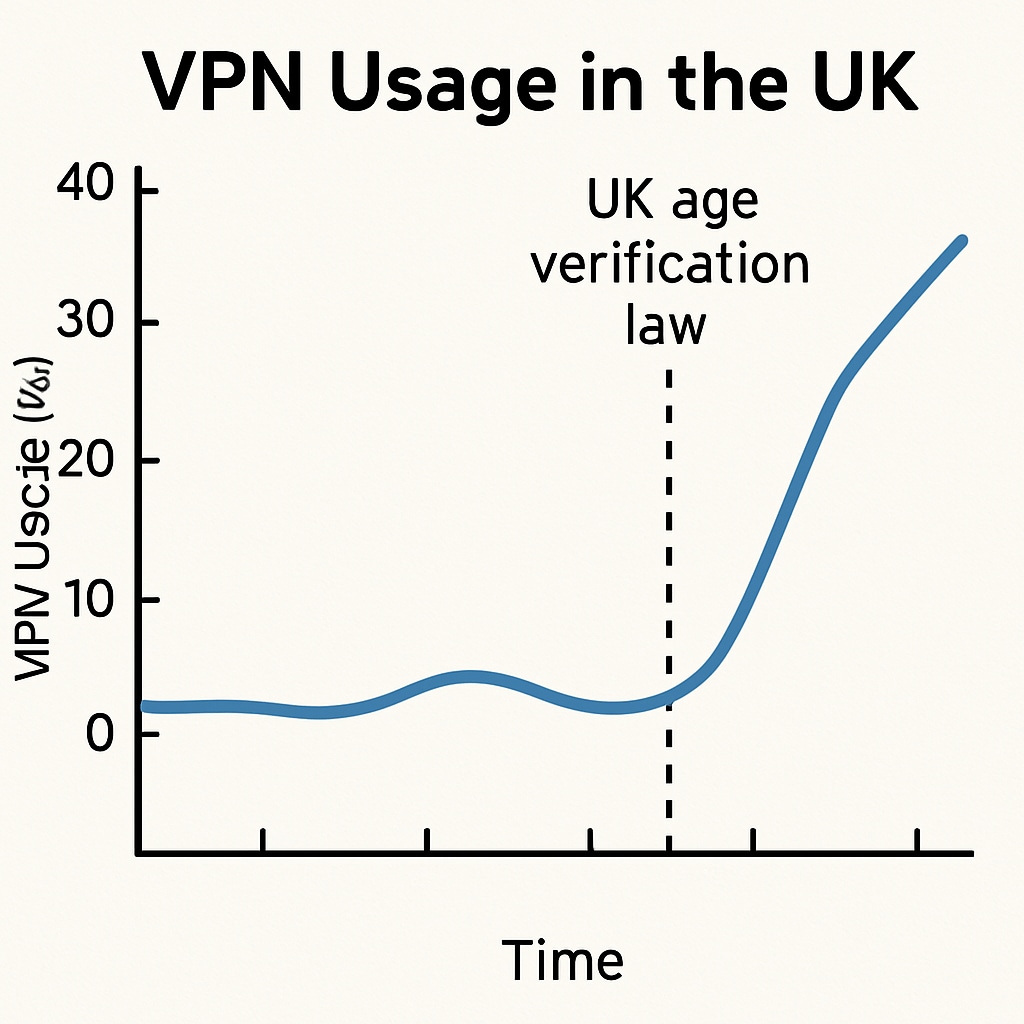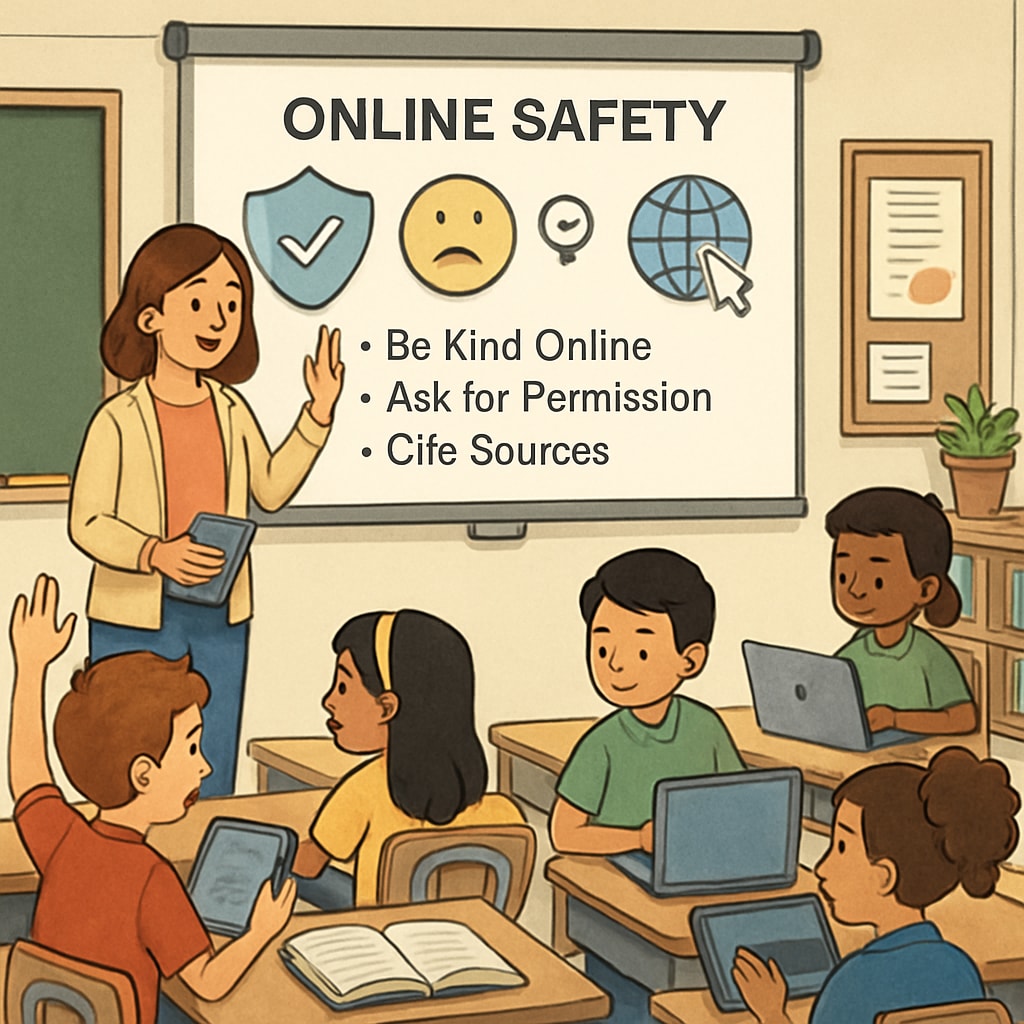The implementation of the UK’s age verification law, aimed at restricting access to adult content for minors, has led to a significant increase in VPN (Virtual Private Network) usage. This development raises concerns about how K12 students are navigating the digital landscape and underscores the need for comprehensive digital literacy and responsible online behavior education in schools. While the law intends to protect minors, the unintended rise in VPN usage shows the complexities of online regulation and its impact on young internet users.
How the UK Age Verification Law Impacts VPN Usage
The UK age verification law requires individuals to prove their age before accessing certain websites. While the law’s intention is commendable, the restrictions have inadvertently driven users—including minors—to adopt VPNs to bypass these measures. VPNs allow users to mask their IP addresses and access content restricted by geographic or regulatory barriers. For many students, this technology offers an easy workaround.
This surge in VPN adoption raises concerns about how minors are circumventing safeguards designed to protect them. While VPNs have legitimate uses, such as safeguarding personal privacy, their misuse by minors reveals gaps in digital education. Parents and educators alike are now tasked with addressing this growing trend.

The Role of Digital Literacy in Addressing VPN Usage
To tackle the unintended consequences of the UK age verification law, K12 educators must prioritize teaching digital literacy. Digital literacy encompasses critical thinking, responsible online behavior, and an understanding of cybersecurity. When students understand the implications of bypassing security measures, they are less likely to misuse tools like VPNs.
For example, incorporating lessons on encryption, data privacy, and ethical internet use can empower students to make informed choices online. Additionally, schools can implement workshops that simulate real-world scenarios, helping students recognize the risks associated with circumventing security protocols.

Balancing Online Safety and Freedom in the Digital Age
The challenge lies in balancing the protection of minors while fostering their independence online. Laws like the UK age verification regulation are vital for ensuring safe browsing environments, but they must be complemented by education. Regulation alone cannot address the root causes of risky online behavior; education is the key to long-term solutions.
Moreover, parents and educators must collaborate to create a holistic approach to digital citizenship. Schools should partner with families to reinforce positive online habits at home. Providing resources, such as parental control guides and cybersecurity tips, can further enhance students’ understanding of secure internet practices.
Key takeaways:
- Strict regulations like the UK age verification law can lead to unintended consequences, such as increased VPN usage.
- Educators must focus on digital literacy to equip students with the skills to navigate the internet responsibly.
- A collaborative approach involving schools and parents can foster safer online environments for minors.
Conclusion: Preparing Students for the Future
The rise in VPN usage following the UK age verification law highlights the need for a proactive approach to digital education. By integrating digital literacy into the K12 curriculum, students can learn to responsibly navigate the complexities of the internet. This not only protects them from immediate risks but also prepares them for the challenges of a technology-driven future.
In the digital age, laws and regulations are just one piece of the puzzle. Education remains the cornerstone of ensuring that students grow into responsible digital citizens, capable of making informed decisions in an increasingly connected world.
As a result, policymakers, educators, and parents must work together to address the evolving challenges of online safety and digital literacy. The lessons learned from the UK age verification law can serve as a valuable blueprint for other nations facing similar issues.
Readability guidance: This article uses concise paragraphs and clear transitions to ensure readability. Lists and examples are incorporated to summarize key points effectively. The passive voice has been minimized, and long sentences are carefully limited to maintain clarity.


